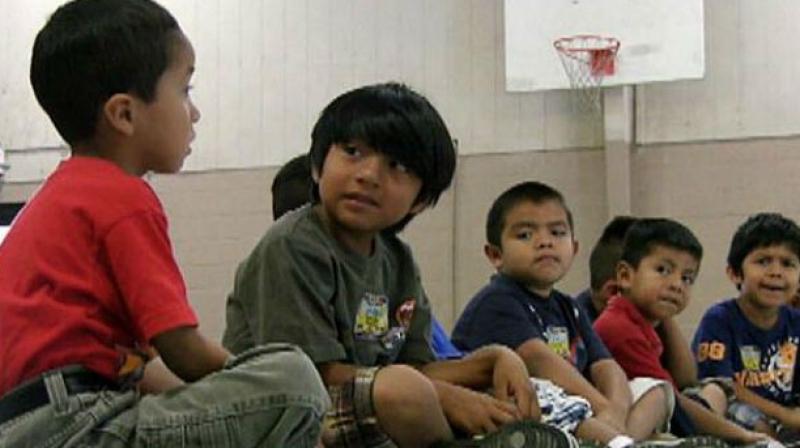NGOs: The fifth estate

Populists in power tend to be harsh with non-governmental organisations (NGOs) that criticise them. Again, harassing or even suppressing civil society is not a practice exclusive to populists. But for them opposition from within civil society creates a particular moral and symbolic problem: it potentially undermines their claim to exclusive moral representation of the people. Hence it becomes crucial to argue that civil society isn’t civil society at all, and that what can seem like popular opposition has nothing to do with the proper people.” Jan-Werner Müller’s observation in his much acclaimed work, What is Populism, is very true. The populist demagogue needs enemies in order to polarise society and capture the state. He does so by seeking to stifle the voice of civil society, which NGOs tend to represent. They are independent not only of the state and political parties, but also of big business, which tends to support the ones in power. The populist claims that he alone represents the people.
No sooner than he became Prime Minister in 2014, Narendra Modi began hounding every NGO that he felt posed a threat to his legitimacy. The NGOs representing minorities attract particular attention. On February 8, the US Commission on International Religious Freedom, a bipartisan body set up by statute, published a report on India that censures attempts at intimidation. Forced reconversions, and attacks on shrines and individuals have increased “following the victory of India’s right-wing BJP in May 2014”. It accused the government of a witch-hunt against NGOs that challenged Modi and his administration using the controversial Foreign Contributions (Regulation) Act. In 2015, the registration of 10,000 NGOs was cancelled. Even Greenpeace International lost its registration. Besides minorities, the Modi regime also frowns on independent research.
It is impossible to exaggerate the role and significance of the NGO in a democratic society. The press is rightly acknowledged as its fourth estate. The NGO now deserves recognition as the fifth estate given that it combines the duties of research and advocacy; NGOs collect the facts, study the law and embark on informed campaigns to arouse public opinion in support of the causes that they espouse. The very existence and freedom of NGOs are testaments of the vibrancy of a democracy. NGOs operate not only in domestic matters but also perform a role in international society. Amnesty International, Human Rights Watch, the International Commission of Jurists and Greenpeace are all NGOs with wide international influence and have received international recognition. In Resolution 1296, dated May 23, 1968, the UN Economic and Social Council lays down “the Principles to be applied in the establishment of Consultative Relations” and related matters in conferring on some of them “consultative status”.
Every year in Geneva, during the annual session of the UN Human Rights Council and during meetings of the Human Rights Committee NGOs lobby the council’s and committee’s members and provide them with documented information on violations of human rights. The role of the fourth estate in the political process is well established. The press influences public opinion. The fifth estate, the NGOs, also do so in what is a fine example of participatory democracy. For all their persecution, the NGO has come to stay, not only in the West but also in the Third World. In fact, more so here — for it is in our part of the world that the greatest need for relentless advocacy, based on thorough documentation, exists. This is a role far removed from that performed by the publicity-hungry “human rights activists” whose main objective is self-promotion.
By arrangement with Dawn

